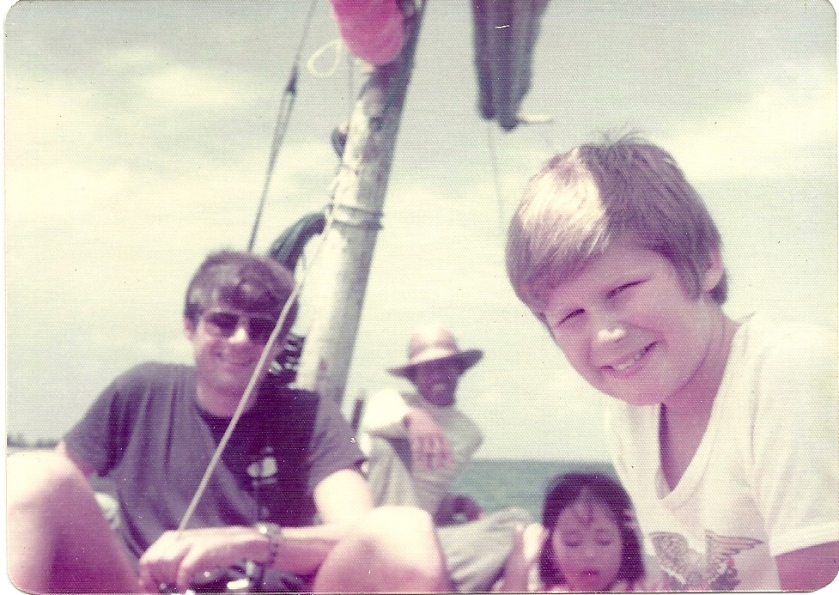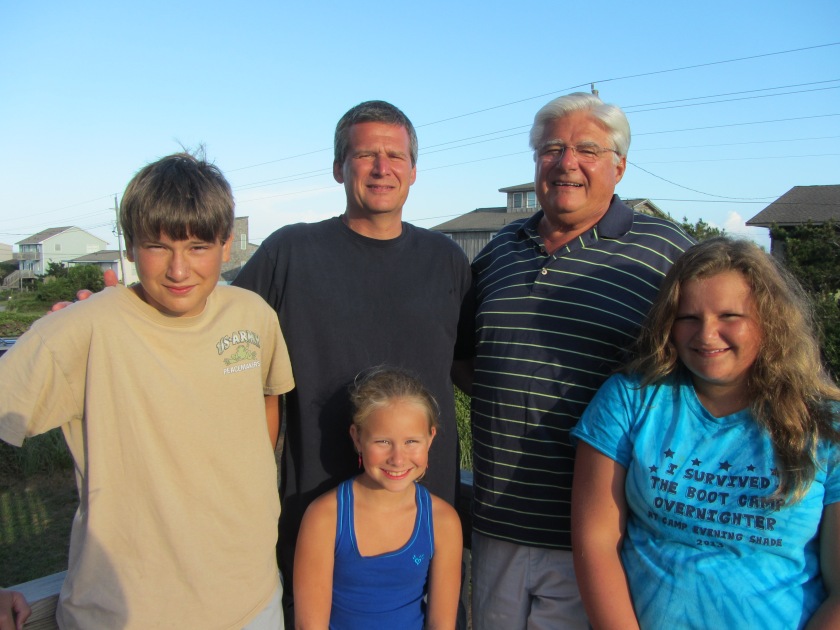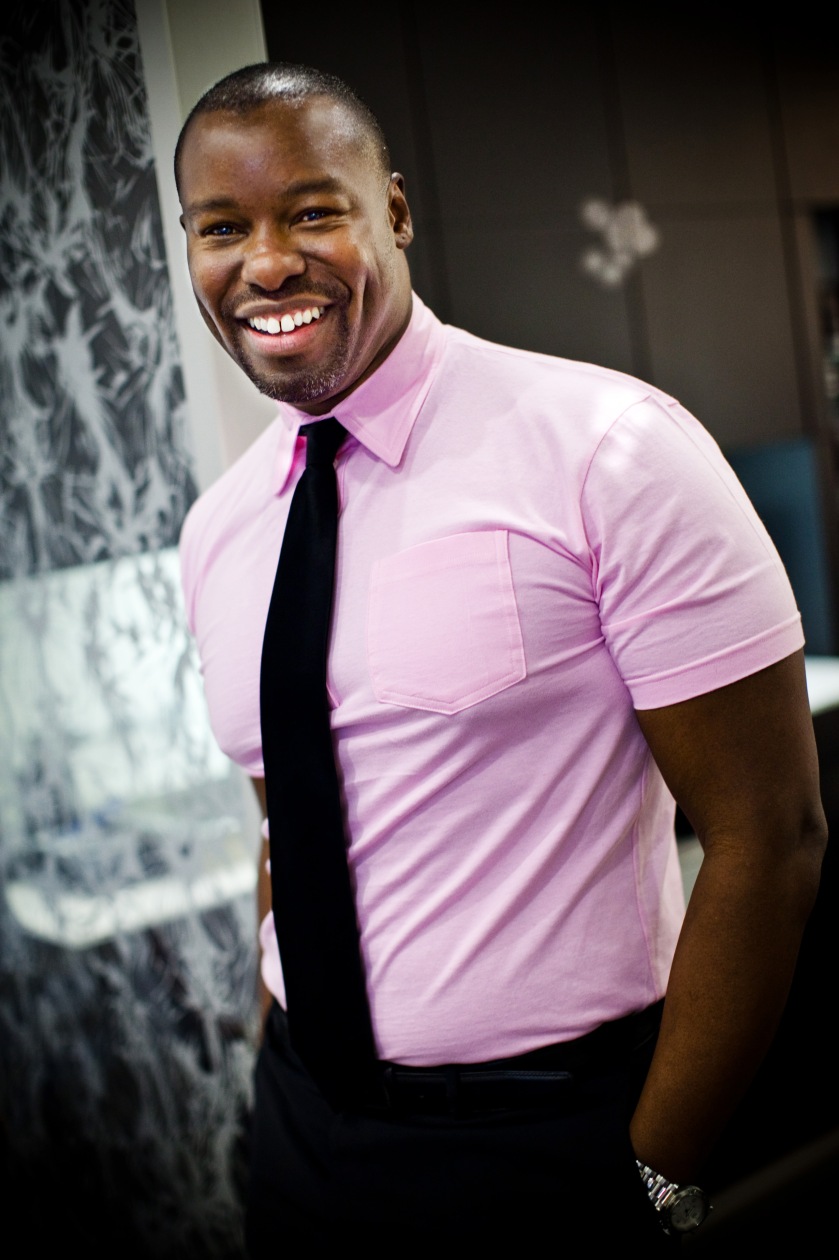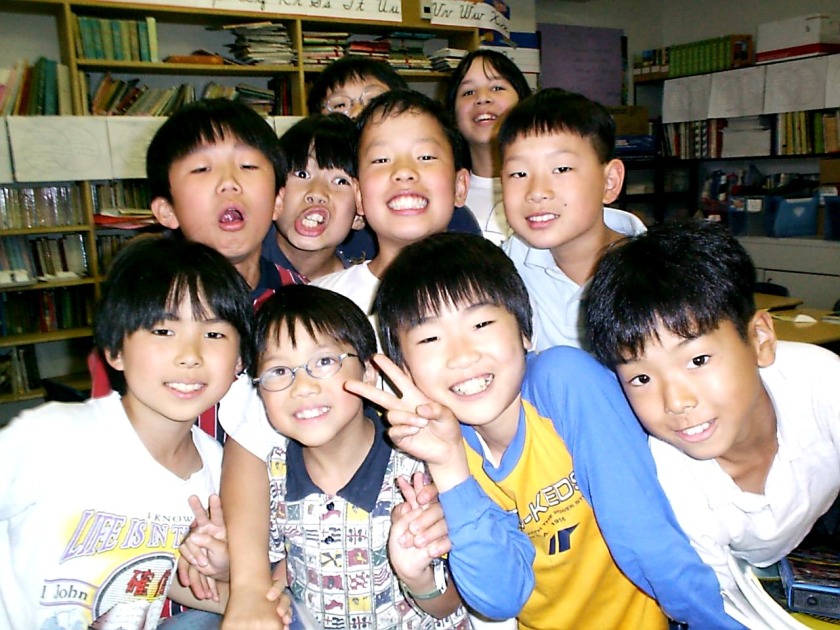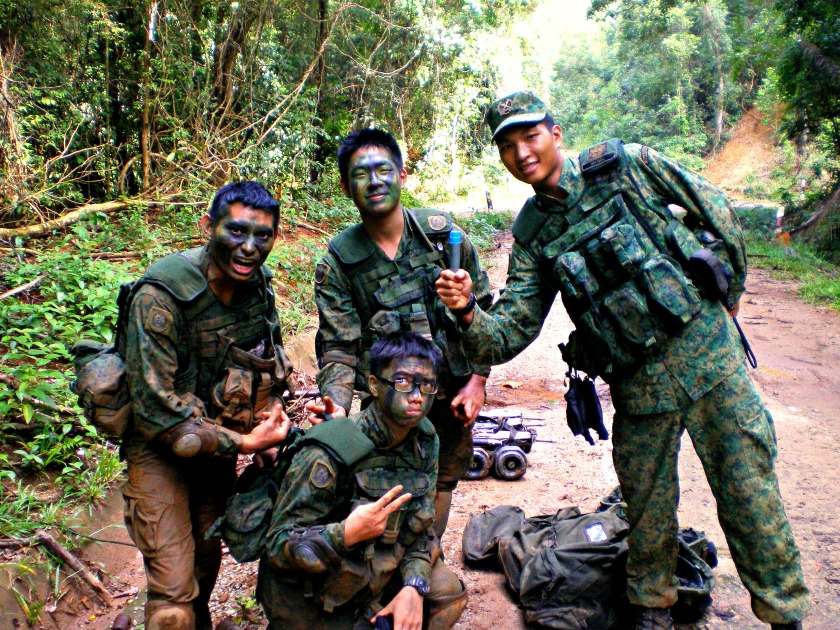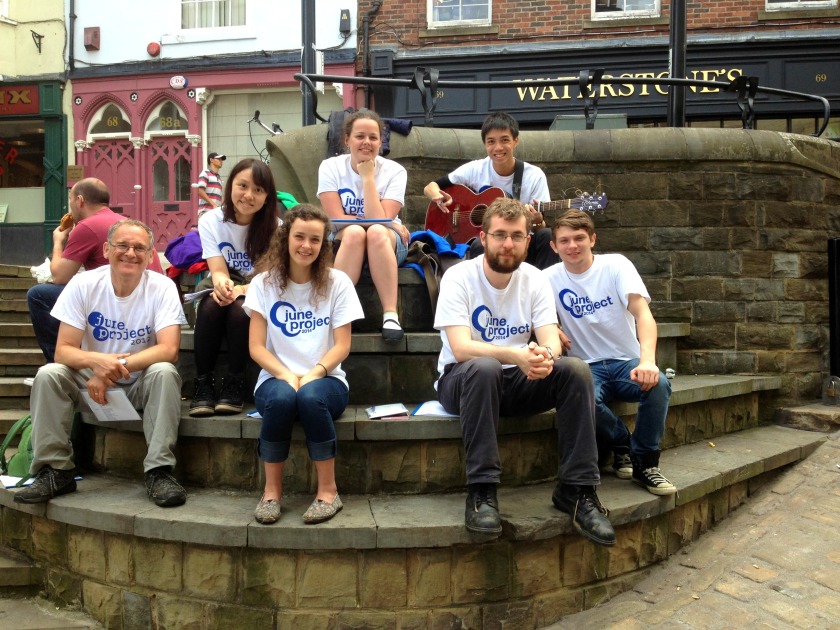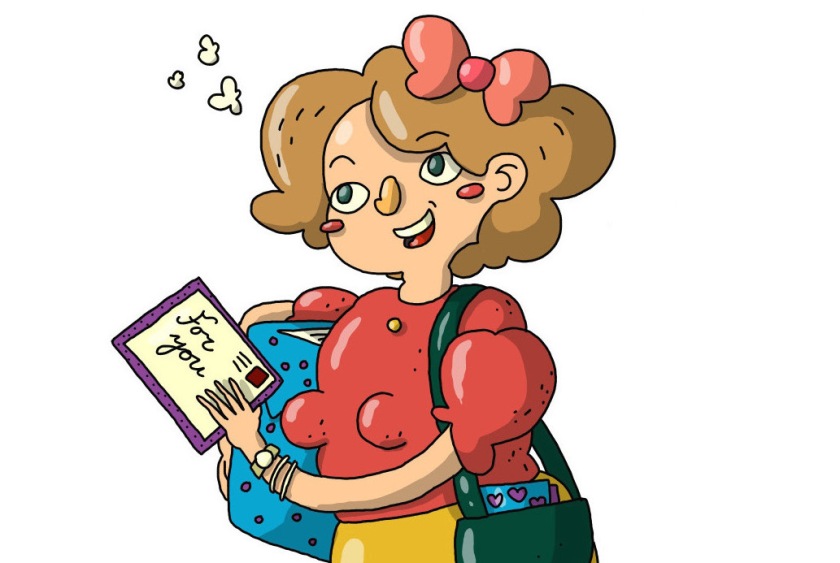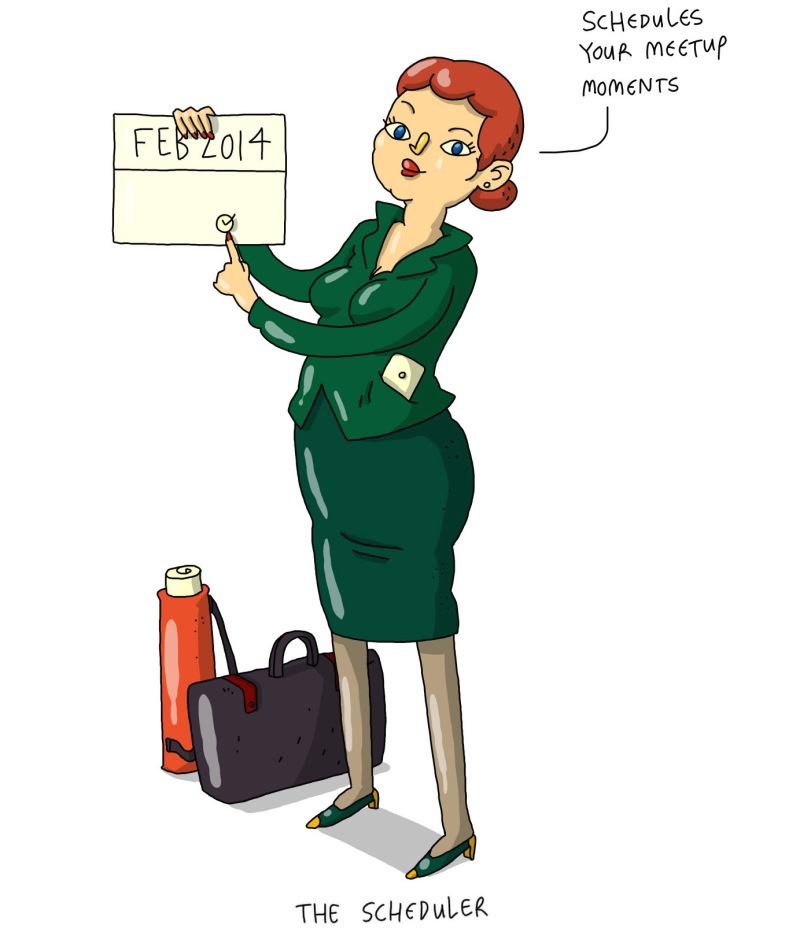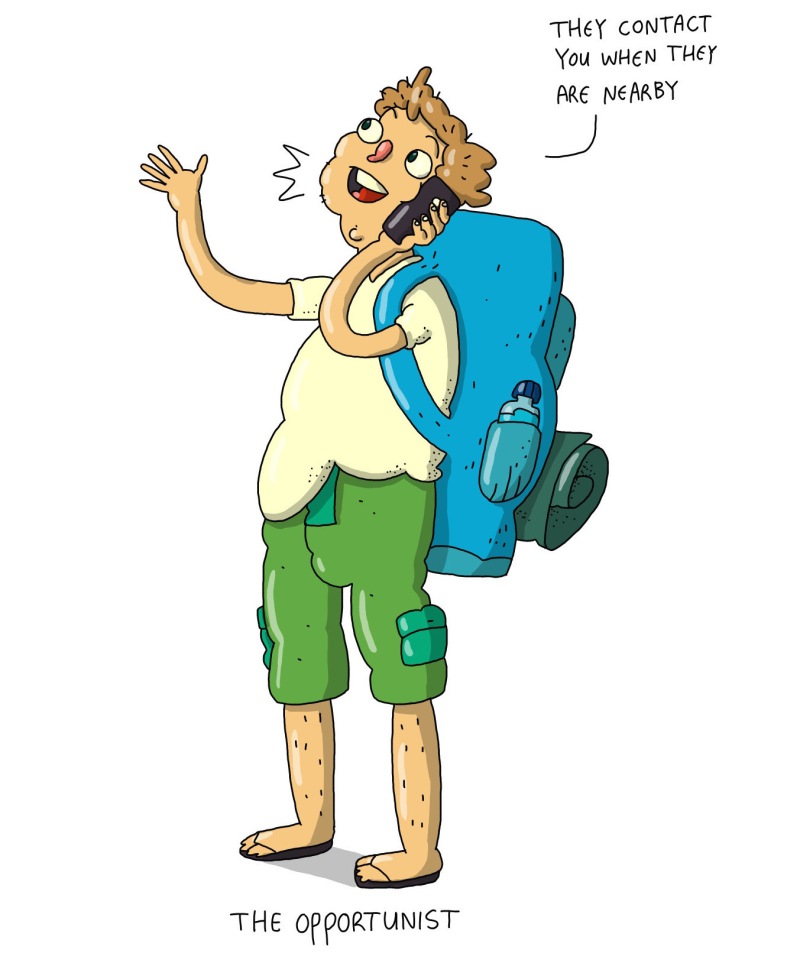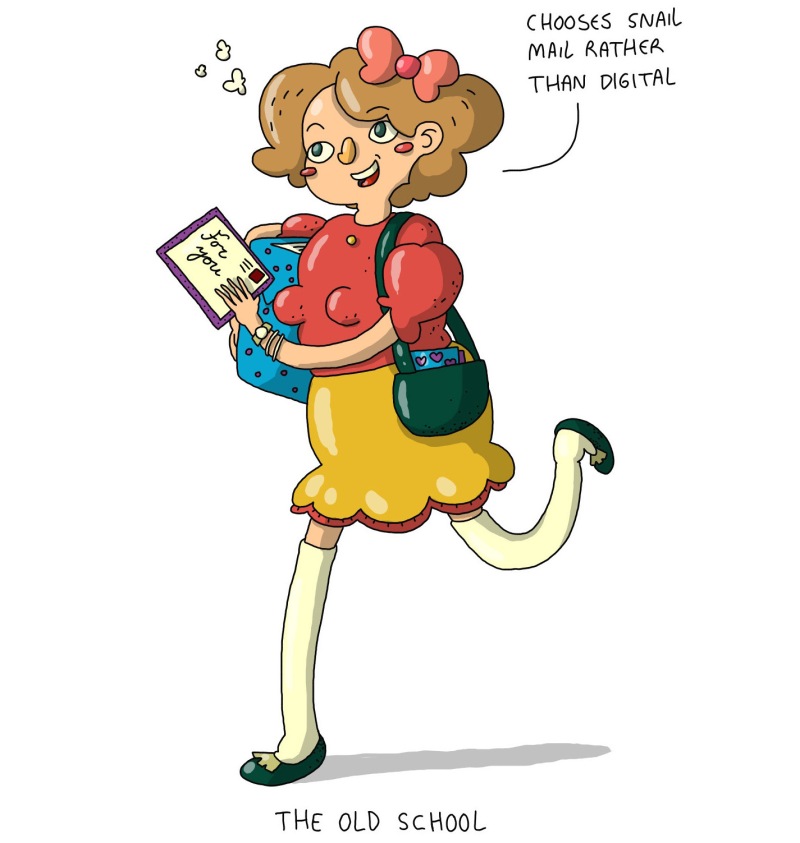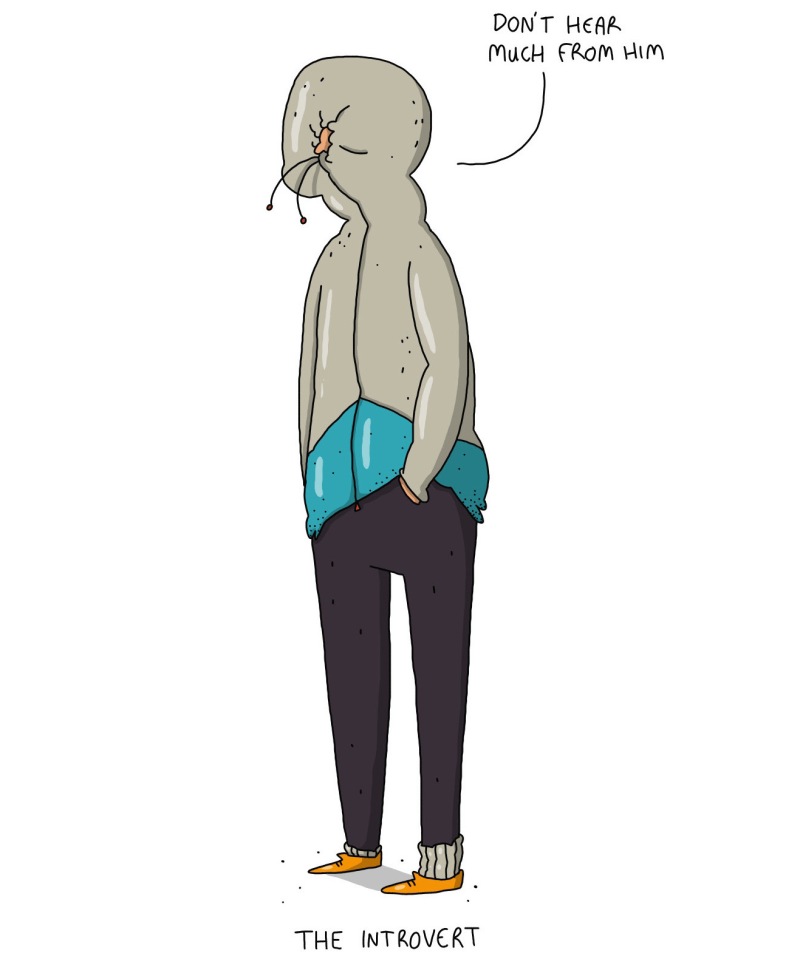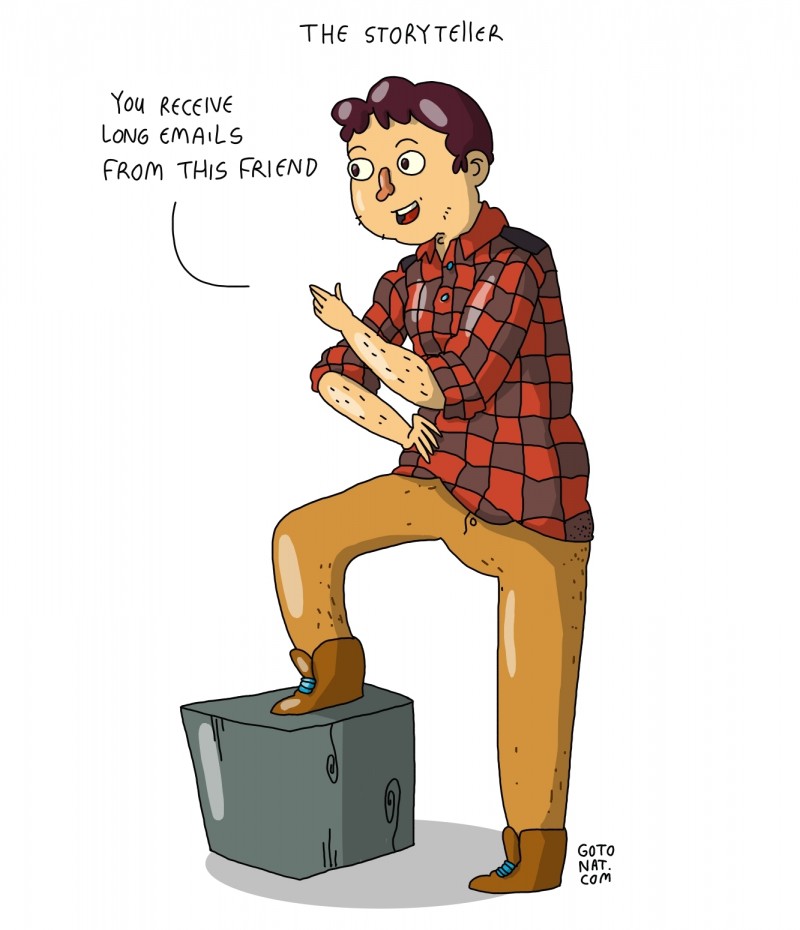“What is wrong with you people?” she asked.
“Excuse me?” I said.
I had just met this 40-something woman dressed in a red sweater and jeans at a quasi-museum. New York was having its annual ‘Open House,’ where many historic buildings open their doors, giving curious New Yorkers an exclusive peek into normally private spaces. After hopping from church to church, I found myself in what used to be a day hotel in the 1800s.
Standing in the kitchen waiting to hear from docents on how the house help would heat up the oven, I secretly re-enacted a scene in my head using the actors from ‘Downton Abbey.’ But instead of hearing a docent share historical facts, I was greeted with a “Where are you from?”
Not wanting to embark on my 3-minute-long speech about where I grew up I said, “Oh, I’m from New York.”
She smiled and said, “No, but where are you really from?”
With a sigh and a smile of defeat I answered, “Well, I was born in India, but I grew up in the Middle East and Turkey.”
She nodded while scanning me from top to bottom and asked, “Are you Muslim?”
“Yes,” I said.
And then she leaned in and asked “What is wrong with you people?”
I couldn’t help but laugh and I thought she would join and we could just leave that there as an absurd joke, but she was serious.
“Excuse me?” I said.
“Why are you bombing us?” she asked in all seriousness. “No really, tell me.”
I had been asked questions about Islam before, which I am extremely open to, but I had never been asked point blank to explain an extremist point of view while representing all Muslims. Seeing that she wanted an answer, I went on a rant about the history of the U.S. and Taliban and how this was really just a war between them and didn’t have much to do with Islam or Muslims as a whole. But she didn’t want to listen. In fact, I wasn’t sure what she wanted out of the conversation.
She went on to justify the War on Terror and explained to me that everyone in the Middle East was poor and uneducated, not to say, it was one of the most dangerous places on earth. I was more amused than offended. I had always heard of this type of ignorance, but living in New York City, I saw very little of it, or at least it’s not as blatant as this. Seeing that I was not going to be enlightened on the secrets of running a day hotel kitchen in the 1800s, I politely bid her a good day, thanked her and left.
As a TCK, whether you like it or not, you end up becoming an ambassador of the places you’ve lived in, the cultures you were a part of. I’ve always believed that one shouldn’t shy away from these frank conversations as it is entirely possible that you could change someone’s perception, probably for the better.
I wasn’t sure whether I did the right thing in leaving when I realized that nothing was going to change her point of view. Should I have stayed and convinced her that her belief that a visit to Turkey would leave her kidnapped and held hostage in a cave was far from the truth?
Fast forward to a few days ago, I am settling into my seat for the long bus ride from Boston to New York City. I found myself next to a guy in military uniform who looked up at me and said, “Wrong choice, you don’t want to sit next to me, I smell!” We both laughed and thus our conversations began.
He was a young man still in college getting his degree in information systems and had spent 18 months in Afghanistan. My first instinct was to ask “Ooo… how was that?”, but I had to bite my tongue, reminding myself he was at war and not on vacation. But I wanted to hear stories about how it is to live there and I wasn’t disappointed.
Over the course of the five and a half hour bus ride, his stories ranged from the time he woke up at 3 a.m. to watch the Super Bowl, to how he tried to learn to play cricket (“I still don’t understand it, it’s so confusing!”). He spoke about the burqa but not in the usual Afghani-women-are-oppressed way but in a casual that’s how they live way.
He even threw in the age old joke, “They are all wearing the same thing, how do the guys know which one to take home? Imagine they get home and…” the rest of it trailed off in laughter.
One story stayed with me the most. It was about giving candy to children, and how he realized that whenever he gave candy to girls, if they didn’t eat them right away the boys would come and snatch the candy away from them.
“So,” he said, “I wouldn’t let them leave until they ate their candy.”
The triumph in his voice made it seem as though he thought he had a superpower and wanted me to commend him on his bravery in protecting young girl’s right to eat candy. Apart from the obvious adorableness to the story, what I thought was amazing was that this didn’t become a big discussion about how women are so oppressed in Afghanistan that even the little girls were oppressed by the little boys over candy.
He told me about how in some villages the kids would throw rocks at them but he said it without resentment. Here is someone who has seen hostility against Americans, someone who has full reason to believe all the stereotypes about people from Afghanistan. I’m sure the woman from the museum would have been appalled by his stories, using them as confirmation bias, but his experience in combat allowed him to see them as human.
I wonder what it will take for that woman to also see that. Does she need to be deployed in Afghanistan to get a bit of perspective, to see that there are good and bad people everywhere, to see that not all Muslims are out to get all Americans? How do you convince someone of the universality of something without making them actually go through the experience that brings them to that epiphany?
Just as I was trying to represent a tolerant Islam to the woman in the museum, the soldier was illuminating a side of the American army much different than the violent images and anecdotes that shaped my understanding and perhaps prejudice against the US military force. In a way, the soldier was an accidental TCK. He spent time in a foreign land and created a third culture, or a third understanding of the way the world works that does not completely align with the prevailing mindset in America or in Afghanistan.
As TCKs, we hold a piece of the puzzle that is missing in mass media. We add context and real human stories to the headlines and photographs that seem so distant. With an acute understanding of both sides, all we have to do is pick the right stories to fill in the gaps. One can think of it as a responsibility or a burden but I think of it as a gift. You won’t get through to everyone but even if you add a layer of perspective for every few people that you talk to, that is still a success.
A few days after the bus ride, I was out buying lunch and the man making my wrap looked at me and said “You want hummus?”
“Yes, please,” I said.
“Yeah, I thought you would like hummus,” he said. “You look Middle Eastern.”
I smiled and went back to checking email on my phone.
“You’re from the Middle East right?” he continued.
“No, I’m actually from India,” I replied.
“Same thing,” he said.
Here we go again!
Featured image courtesy of onesevenone on Flickr.

